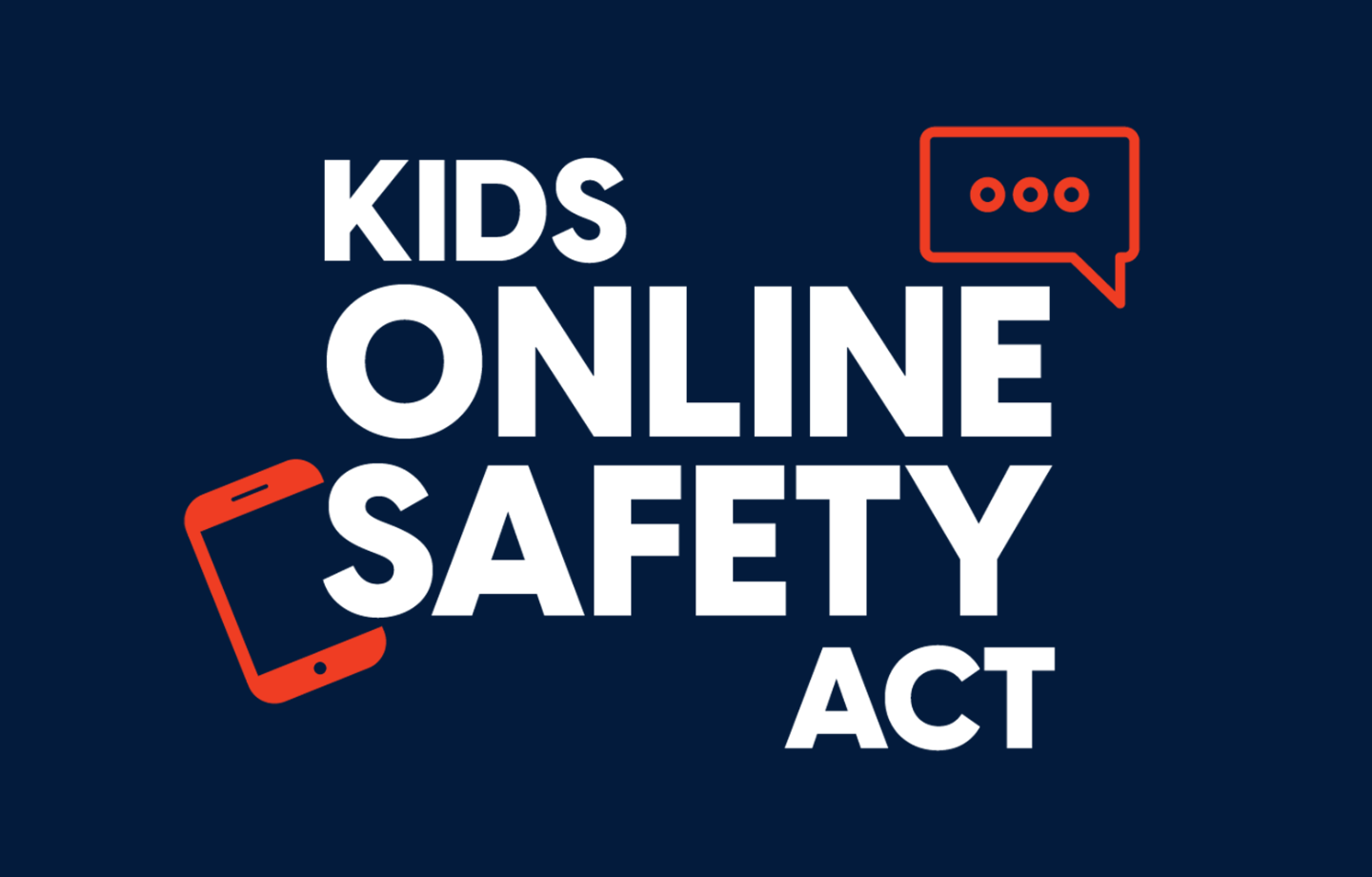KOSA Is Back. Civil Rights Groups Should Help Refine It, Not Fight It.

May 16, 2025
A group of bipartisan senators just reintroduced the Kids Online Safety Act (KOSA), a sweeping piece of federal legislation that seeks to address harms facilitated by online platforms. Civil society groups should recognize this development as a sign of enduring, strong bipartisan support for a federal online safety law—and should lend their support and assistance in refining it.
The newly introduced version contains many of the same worthwhile and much-needed provisions as its predecessor, which passed the Senate nearly unanimously in the last session of Congress. The majority of the bill focuses on mandating design safeguards, basic transparency, and procedural requirements—none of which would infringe on platforms or users’ freedoms to express themselves or to impart and receive information.
Having just completed a global survey and evaluation of online safety laws, I can say with confidence that the latest version of KOSA strikes a sound balance between protecting children and safeguarding fundamental rights, including free speech. These design safeguards primarily aim to empower users—in this case, children and parents—to customize their online experiences through optional tools and settings that serve to expand their choice and enhance their agency.
For example, if passed, KOSA would require platforms to allow children and their parents to control the visibility of their accounts and communications to strangers, decide whether to enable geolocation tracking, choose to opt out of personalized recommendations that require the harvesting of personal data, customize the algorithms that feed content to them, and set limits on the time and money they spend on platforms. It also prohibits the use of so-called “dark patterns,” design techniques that online services use to coax users into making decisions that may be harmful to them but beneficial to the platform. In addition, the bill requires platforms to set up easy-to-use reporting tools for children to flag content they believe violates platform policies, though the decision whether to act on such reports would remain with the platform.
On the transparency and procedural fronts, this bill requires platforms to make basic, empirical disclosures regarding their userbase—specifically the number of U.S. users known to be minors, the median and mean time spent by such users (daily, weekly, monthly), and the languages used on the service, including English and the top five non-English languages. It also requires platforms to describe how and for what purposes they collect and use minors’ personal data, and to disclose how many user reports they received and how often users exercised the design safeguards mentioned above. As an additional check, these disclosures must be audited annually by an independent third-party auditor.
The bill’s most controversial and most talked-about provision, the duty of care, has been revised to clarify that it pertains to design features rather than content. The duty of care requires platforms to “exercise reasonable care in the creation and implementation of any design feature to prevent and mitigate” specific harms to minors stemming from platform use (emphasis added). These harms, as enumerated by the bill, include anxiety, depression, eating disorders, substance use disorders, suicidal behaviors, and sexual exploitation. In Section 102(B)(2), the bill explicitly states that the government cannot compel platforms to filter, derank, remove, or otherwise alter content under the duty of care, though platforms may continue to enforce their own standards.
There is one major downside to the new version of KOSA: the removal of Title II, Section 201, which sought to expand privacy protections to teenagers. Unlike the other changes, this move is a step in the wrong direction. Privacy safeguards are just as essential as design, transparency, and procedural safeguards. And while they may impact platforms’ bottom lines, they do not infringe on users’ rights, they strengthen them.
Now that the legislative process for KOSA is starting from scratch, the Senate has an opportunity to make discreet amendments that further refine the bill’s design, transparency, and procedural provisions. Instead of resuming their traditional defensive approach and opposing the bill in its entirety, civil rights organizations should support this effort and offer affirmative proposals for improvement.
 Technology & Democracy
Technology & Democracy


